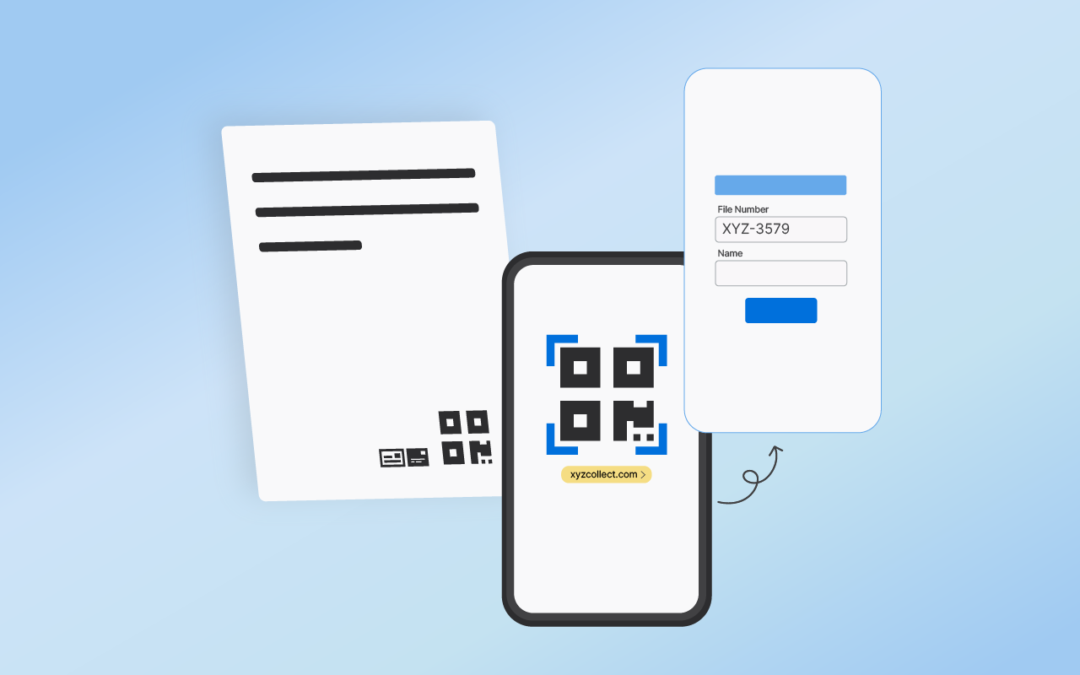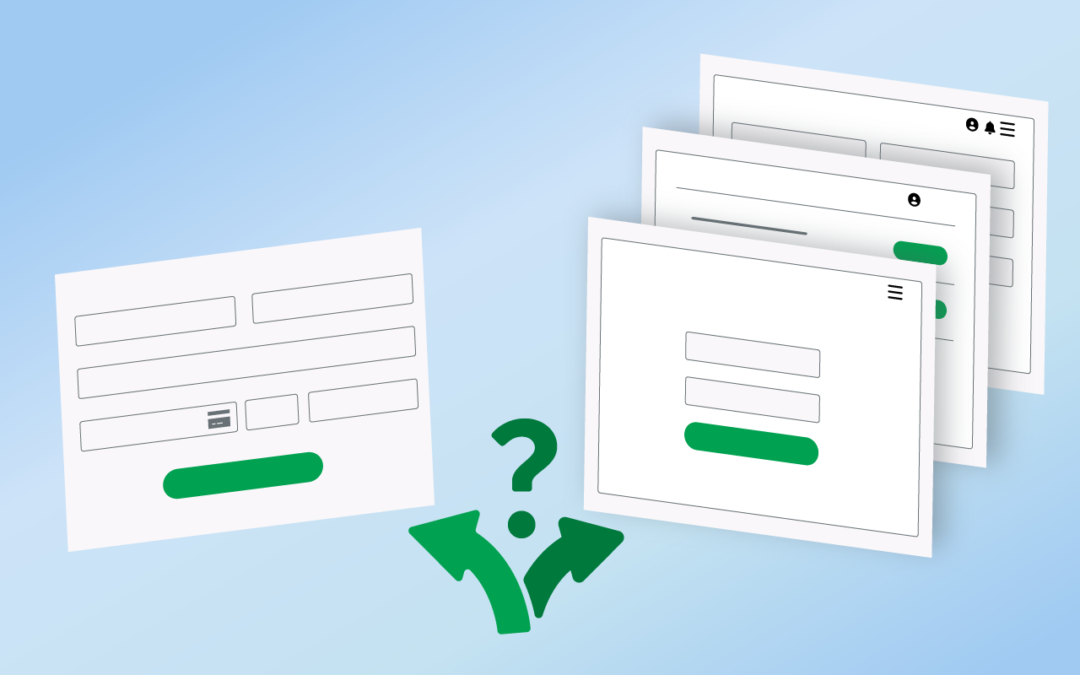Many businesses choose ACH as a payment processing option because of its low-cost, convenience, and efficiency. However, it’s important to be aware that ACH transactions can be disputed and require proper handling to ensure a fair and satisfactory resolution. In this article, we will explore the key steps and best practices for effectively managing ACH disputes.
ACH Overview
ACH—Automated Clearing House—payments transfer money from bank to bank without having to use a check, debit card, or credit card. Payments can be pushed or pulled from one bank account to another for things like payroll and bill payments.
ACH Dispute Timing
Banks allow accountholders to dispute transactions that shouldn’t have been made. More on the reasons below. Consumers have 60 days to dispute an ACH transaction, but there are a few rules to keep in mind.
- Nacha’s 60-day return rule allows consumers to dispute transactions that settled within the past 60 days.
- Under Reg E, consumers can dispute unauthorized transactions within 60 days of the billing statement containing the first unauthorized transaction or billing error.
Dispute Reasons
ACH disputes occur when a buyer asks their bank to reverse the transaction. This can happen for a few reasons:
- The transaction wasn’t unauthorized or authorization was revoked
- The transaction was processed earlier than authorized
- The amount is incorrect
- The transaction is a duplicate of another
- A check was improperly converted to an ACH debit
The first step in handling an ACH dispute is to gain a clear understanding of the issue. Identify the specific transaction in question, including the date, amount, and any reference numbers associated with it.
ACH Dispute Response and Escalation
Under Nacha’s rules and standards for ACH transactions, disputes are final and can’t be challenged.
Businesses have to contact the customer directly to discuss the dispute and seek a resolution. If the dispute was an accident, the customer can contact their bank to cancel it and allow the transaction to process normally.
When you can’t reach the customer or they refuse to cancel the dispute, you may consider having an attorney send a letter.
Finally, depending on the amount of the transaction, you may consider filing a case in small claims court or having a collection firm seek recovery on your behalf. Some firms may take your case in exchange for a percentage of what they’re able to collect.
Preventing ACH Disputes
Occasionally, customers may dispute transactions over a misunderstanding or mistake. Adjusting your payment operations to include preventative measures can reduce accidental ACH disputes.
| Dispute Reason | Preventative Measure |
|---|---|
| The customer doesn’t recognize the charge. | Make sure the billing descriptor with your payment processor matches your business name. |
| The customer doesn’t remember authorizing the charge. | Send customers a copy of their authorization and a reminder before processing scheduled payments. |
| A spouse or other joint account holder does not know the charge was authorized. | Remind customers to notify joint account holders about pending transactions. |
| You make a data entry error on amount, transaction date, or account number. | Implement verification procedures and double-check all entered data to minimize errors. |
| You split a single authorized amount into two smaller transactions. | Ensure transparency by clearly communicating and obtaining separate authorizations for each transaction. |
| The customer lies to the bank about the authorization. | Maintain thorough documentation of customer authorizations and communication to defend against false claims. |
Watch for Friendly-Fraud
Some ACH disputes are the result of friendly fraud or first-party fraud. This is where a customer legitimately authorizes a transaction and later disputes it with the bank claiming it was unauthorized or fraudulent.
Unlike traditional fraud where a third party attempts to make unauthorized transactions, friendly fraud involves the actual customer intentionally misrepresenting the transaction. Friendly fraud poses a challenge for merchants and financial institutions as it can lead to financial losses and increased return rates.
Keep Detailed Records
Maintain comprehensive records of all communications, including phone calls, emails, and written correspondence related to the dispute. This documentation will serve as crucial evidence and help you track the progress of the resolution. Be sure to record dates, names of individuals spoken to, and summaries of discussions held.
HealPay emails consumers a copy of all ACH payment authorizations and sends a payment reminder in advance of post-dated and recurring payments. Businesses can opt to receive a copy of payment authorizations and reminders in real-time or submit a special request for these documents in case of a dispute.
Be Patient
ACH disputes can be complex and may require time to reach a resolution. Remain patient and persistent throughout the process, keeping in mind that it may involve multiple parties and steps. Regularly follow up with the involved parties to ensure progress is being made and that your concerns are being addressed.




